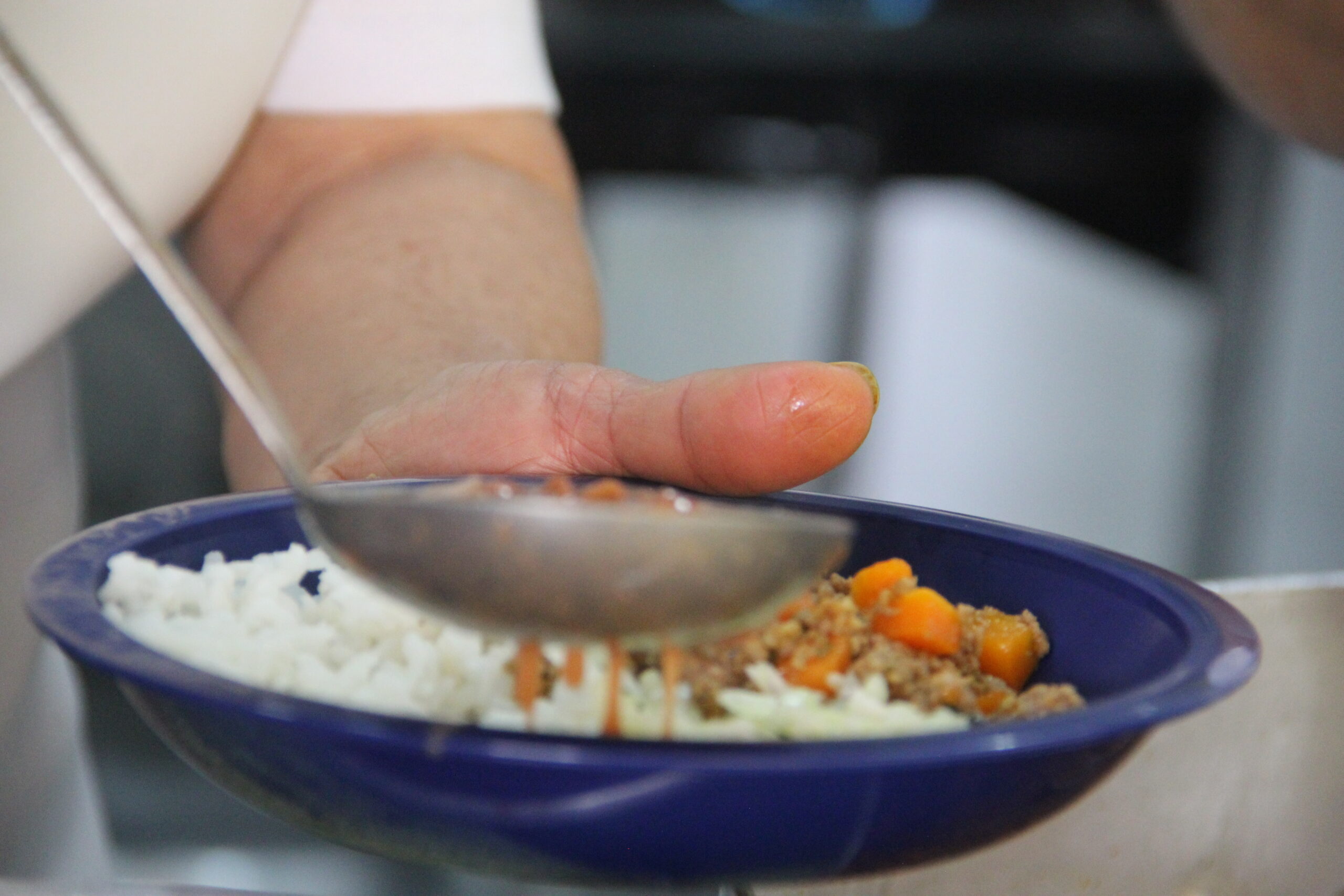
The University of Campinas (UNICAMP) holds a permanent Forum to discuss the role of impact evaluations in strengthening the National School Feeding Programme (PNAE). In its most recent edition, on Thursday (22), Vinicius Limongi, Programme Officer at the World Food Programme (WFP) Centre of Excellence against Hunger in Brazil, was invited to speak about ‘Gaps and opportunities for international cooperation’.
In his speech, Vinicius focused on the need for evidence in international cooperation to subsidise decision-makers. ‘The Centre of Excellence’s experience in supporting partner countries shows that it is important to document successful experiences also at the sub-national level, where specific solutions are developed,’ he said. He also said that the school feeding coalition and its research consortium were presented. ‘There are opportunities for cooperation between academia and the WFP, especially in the dissemination of relevant studies to advance the global school feeding agenda.’
As well as discussing ways of evaluating public school feeding policies, the event featured a presentation of a study by researchers from the University of São Paulo (USP) demonstrating the impact of local food purchases for the PNAE on the local economy, driven by family farming.
Organized by UNICAMP, through the Food Studies and Research Centre (NEPA) and the Rural Extension and Agroecology Laboratory, Faculty of Agricultural Engineering, the event was attended in person by around 50 people (including researchers, nutritionists, school feeding managers and civil society representatives) and another 90 who took part online.




